No products in the cart.
Organic moringa tea
4.25 $
Ingredients: 100% moringa leaves, 100% natural
Weight: 50g
Brand: Afritibi
Country of origin: Senegal
In stock
SKU: THE-MRG-050
Categories: Teas - Infusions, Teas & Drinks
Organic Moringa Tea: Nature’s Miracle Beverage for Health and Vitality
Discover the exceptional health benefits and exquisite taste of Organic Moringa Tea, a true gift from nature to your wellness routine. Sourced from the lush, nutrient-rich soils, our Organic Moringa Tea is made from the pure leaves of the Moringa Oleifera tree, often referred to as the “Miracle Tree” for its highly nutritious profile and powerful health benefits.
Key Benefits of Organic Moringa Tea:
- Rich Nutritional Profile: Packed with vitamins, minerals, antioxidants, and amino acids, Organic Moringa Tea supports overall health, boosting energy levels, and enhancing the body’s immune response.
- Antioxidant Powerhouse: High in antioxidants, it helps combat free radicals, reducing oxidative stress and the risk of chronic diseases.
- Supports Weight Management: Aids in healthy digestion and metabolism, making it a perfect addition to your weight management plan.
- Natural Detoxification: Moringa’s purifying properties help in detoxifying the body, promoting clearer and healthier skin.
- Enhances Mental Clarity: The vitamins and minerals in moringa tea can contribute to improved brain health, enhancing focus, mental clarity, and stamina.
How to Enjoy Organic Moringa Tea:
Our Organic Moringa Tea is simple to prepare and can be enjoyed at any time of the day. Steep one tea bag in hot water for a few minutes, allowing the delicate flavors and aromas to release. Enjoy it plain or with a hint of honey or lemon for added flavor. Whether you start your day with its revitalizing energy or wind down in the evening with its calming effect, Organic Moringa Tea is the perfect beverage for health-conscious individuals.
Why Choose Our Organic Moringa Tea?
Our commitment to quality ensures that every batch of Organic Moringa Tea is:
- Sustainably sourced from organic moringa leaves.
- Free from additives, preservatives, or artificial ingredients.
- Non-GMO, vegan, and gluten-free.
Embrace the power of nature with Organic Moringa Tea and experience a world of health benefits in every cup. Perfect for those seeking a natural boost to their health regimen, our moringa tea is a step towards a healthier, more vibrant you.
| Weight | 0.60 lbs |
|---|---|
| Dimensions | 8 × 6 × 1 in |
Be the first to review “Organic moringa tea” Cancel reply
You may also like…
-
PestoRinga
8.00 $
Related products
-
Dried Sorrel Flower
4.99 $ -
Pom’s Drink
3.99 $ -
Dried mint
3.99 $ -
Ginger infusion
6.00 $ -
Mint Syrup
5.99 $
Close


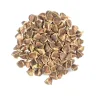
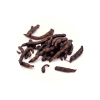
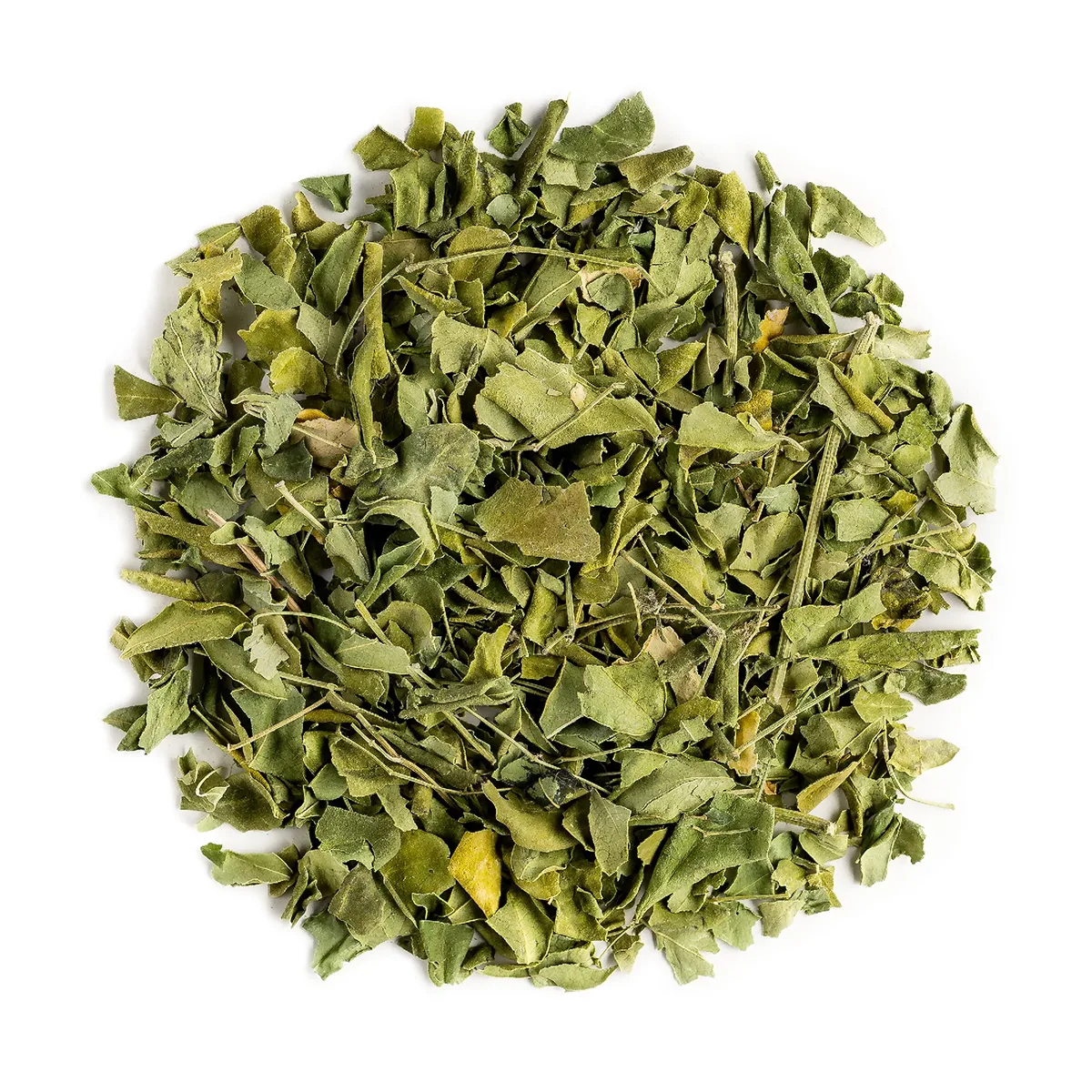
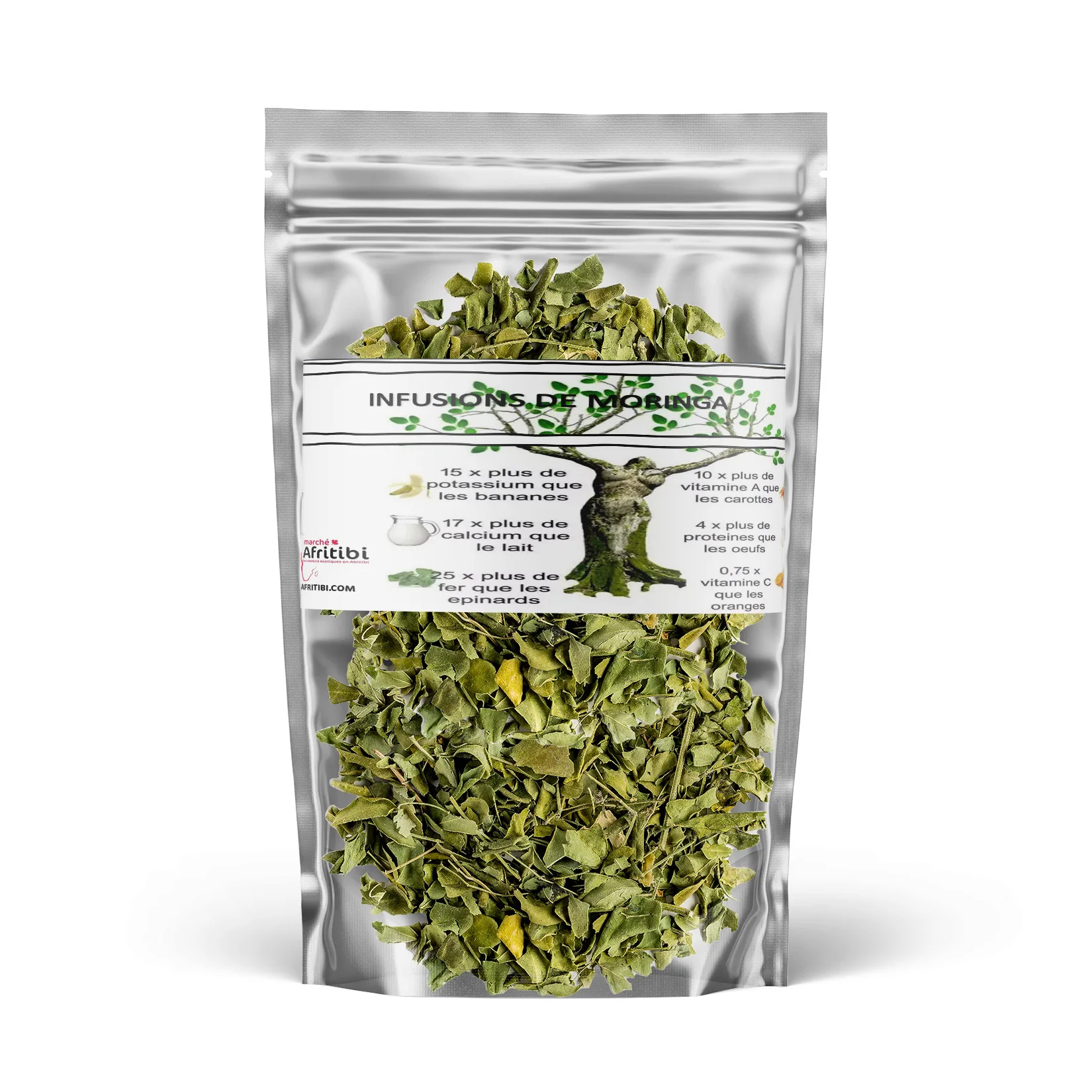
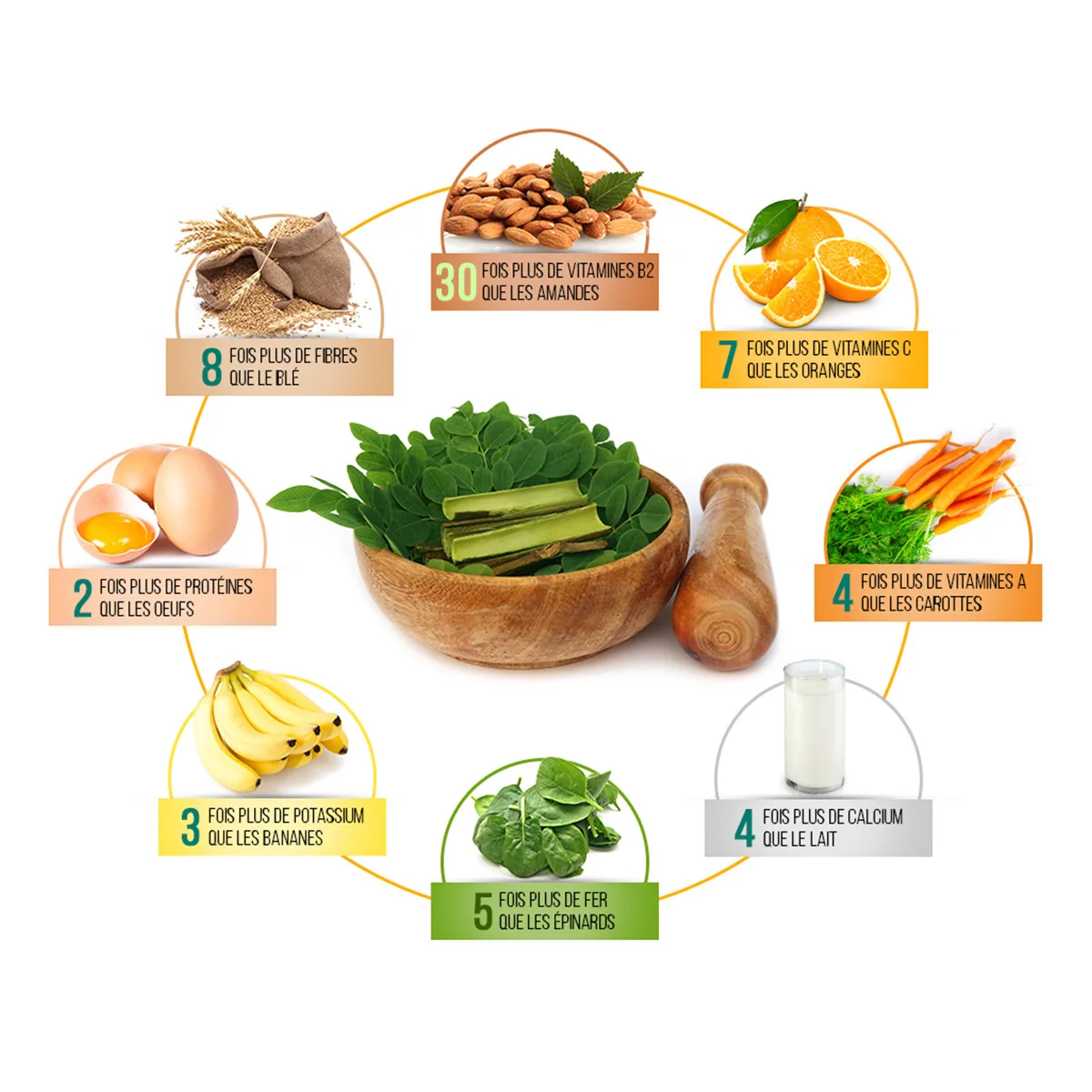
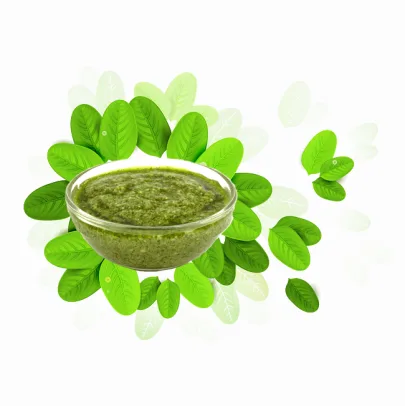
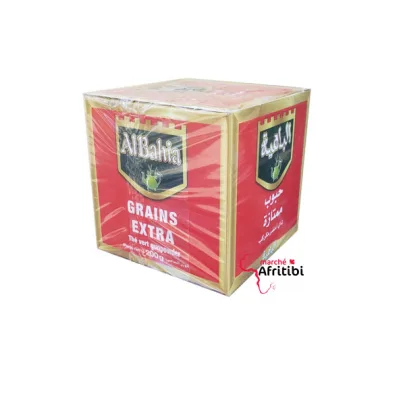
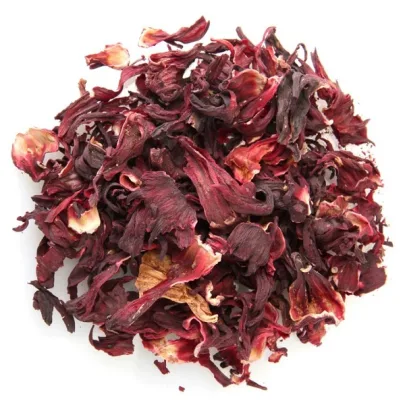
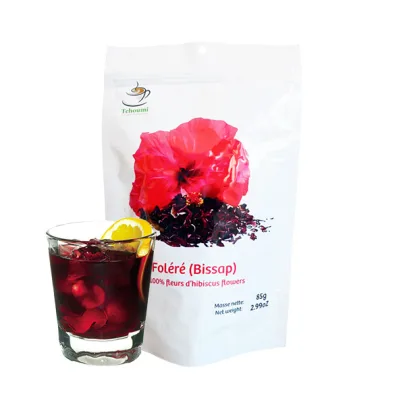
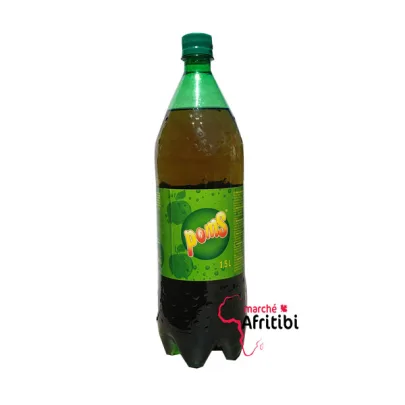
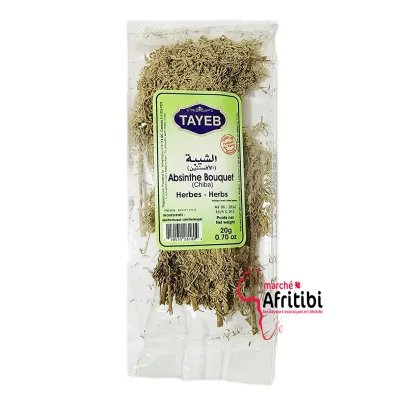
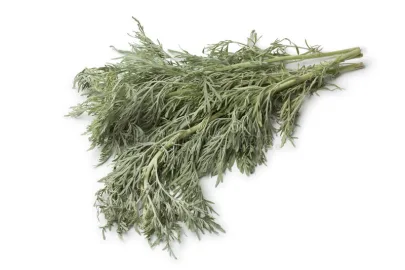
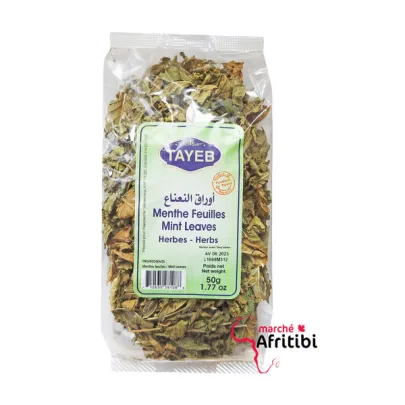
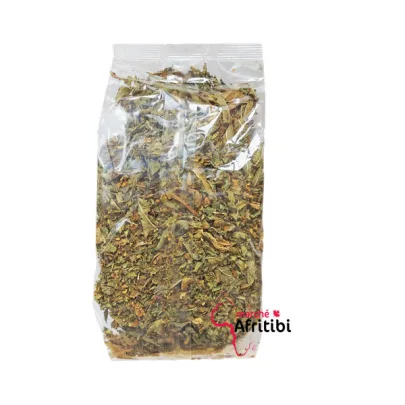
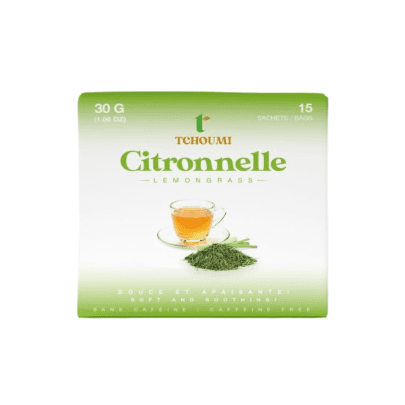
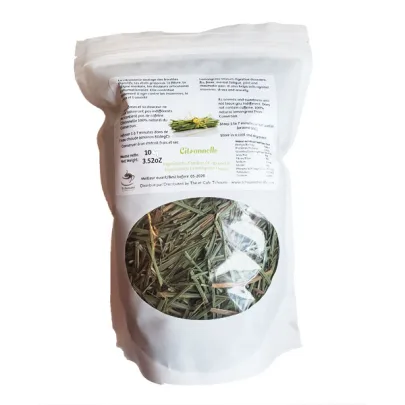
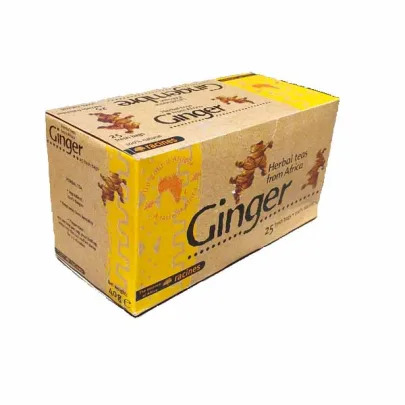
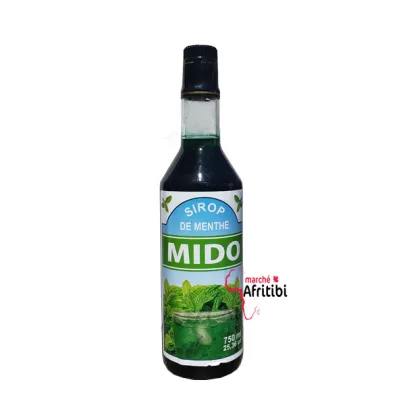
Reviews
There are no reviews yet.